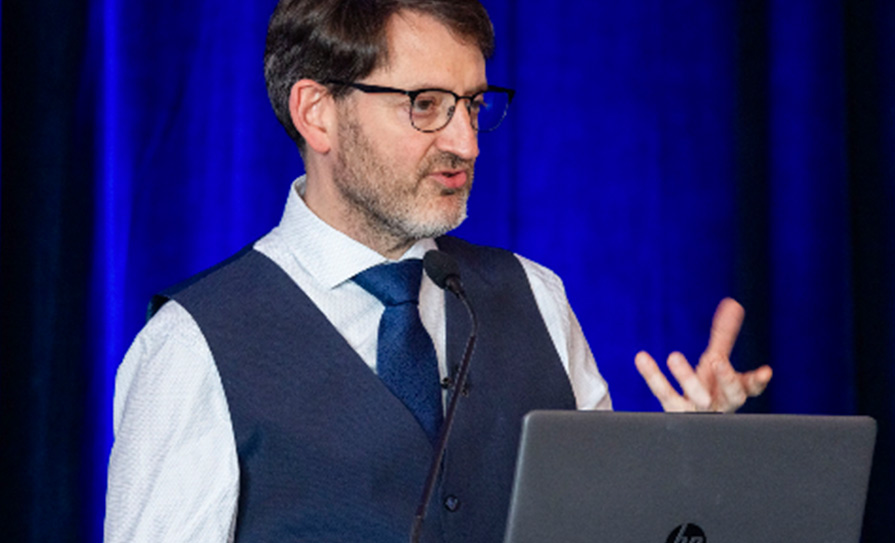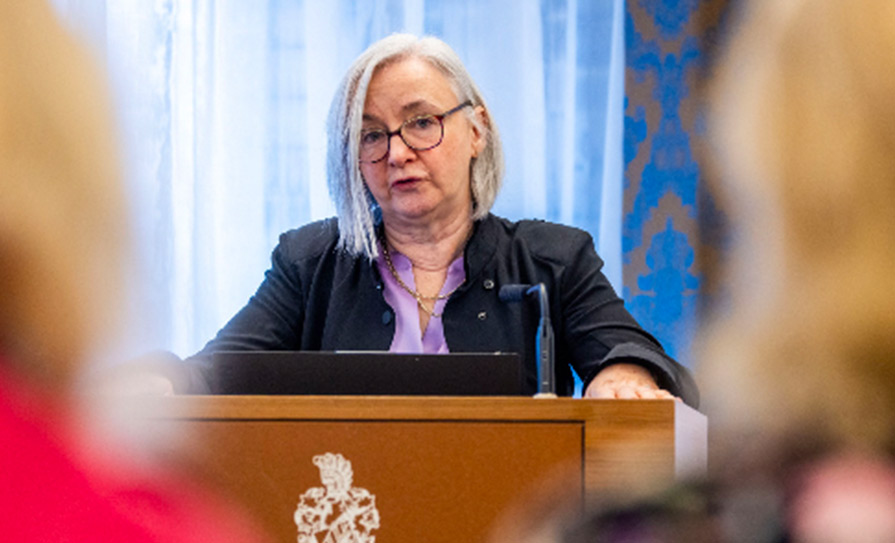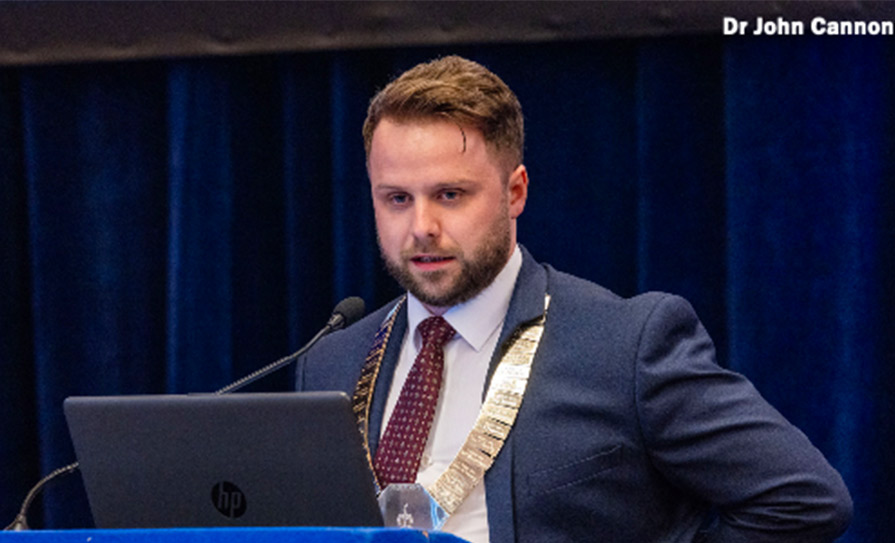Medical Director of the PHMP Dr Ide Delargy, who presented on the PHMP at the IMO AGM in Killarney, said the programme had noticed “a trend” in terms of presentations of doctors who qualified through GEM courses. However, doctors present from a range of backgrounds and the programme has not yet compiled data on GEM and direct-entry graduate presentations, she noted.
“What becomes evident is the additional stresses that they would have; they are later in their career anyway, de facto, so they are at a different stage in life; maybe they have a young family plus the financial burden of having gone back to take up a course in medicine,” Dr Delargy told the <strong><em>Medical Independent</em></strong> (<strong><em>MI</em></strong>).
She said a combination of factors brings people to a tipping point “and I think the graduate-entry people are, if you like, a little bit more susceptible because of the additional stress that they would be experiencing, so we have certainly picked up on that as a little bit of a trend. Obviously, not everyone who is attending is in that category but it is certainly something we are noticing.”
The PHMP was launched in September 2015 to provide support, advice, treatment and monitoring for mental health and substance misuse issues facing doctors, dentists and pharmacists. It is also open to medical students.
In her presentation, Dr Delargy emphasised that the service is free, independent and strictly confidential. The PHMP has a memorandum of understanding with the Medical Council and is not required to disclose information about a practitioner unless serious concerns arise in terms of their compliance with the programme or in relation to patient safety.
Doctors tend to be high academic achievers with strong perfectionist traits who work in highly-pressured environments, outlined Dr Delargy.
“I think it would be fair to say that most people who make it through medical school and get their qualification are pretty resilient — they’ve gotten over a lot of hurdles to get where they are,” said Dr Delargy.
“But all resilience has a limit and what we find is that the combination of factors is what often puts people over the edge — so, workplace issues, conflict, bullying, the increased patient demands, the management demands, the time pressure, the emotional demands, and moving jobs, that is another key time when people can often become disconnected, they become disconnected sometimes with their friends, family and even their primary carer, if they do have a GP… ”
There are also personal matters associated with health, relationships, family matters, finances, bereavement and unresolved grief.
A key issue is doctors’ access to pharmaceuticals as they seek to manage their own health.
The majority of presentations to the PHMP involve doctors and most self-refer. Mental health issues predominate, followed by substance misuse and a combination of both. Dr Delargy said the barriers to presenting to health services include stigma, fear for reputation and confidentiality concerns.
Doctors often try to self-manage mental health and/or substance misuse problems, which compounds matters further, she explained.
“What we would be saying is that small and persistent changes in behaviour and performance need to be taken seriously — so, the persistent changes that are lingering. Usually, the workplace is the last place where signs of impairment will appear; they will keep a huge degree of functionality with their work but behind the scenes, it can often be chaos, and I mean real chaos… by the time somebody appears dysfunctional or impaired in the workplace, things are very far gone.”
Changes in appearance, increasing irritability, being uncontactable, isolation and hyper-vigilance are some of the signs to be aware of.
Colleagues often miss — or choose to miss — signs that someone is experiencing these types of difficulties, yet pointing them in the direction of help could be life-saving as well as career-saving.
The PHMP is aware that it must tread a delicate line in balancing physician wellbeing and patient safety, noted Dr Delargy.
“Our reputation is destroyed if we are allowing a practitioner to work in a particular way that puts patients at risk. But obviously, we’d try and keep an eye on physician wellbeing as well. If the focus is entirely on patient safety, we miss opportunities in terms of physician wellbeing — we know the consequences in terms of a doctor being unwell [without support] looking after patients, we know it increases medical error, prescription errors, more likely to have adverse events, more likely to have complaints. So it is important that we keep that balance and focus on both sides of that tightrope.”
Over 80 per cent of practitioner patents get back working safely and well, Dr Delargy underlined.
Some 36 doctors presented to the PHMP in 2017, with 21 being NCHDs.
For more information, visit <a href=”http://www.practitionerhealth.ie”>www.practitionerhealth.ie</a>.












Leave a Reply
You must be logged in to post a comment.